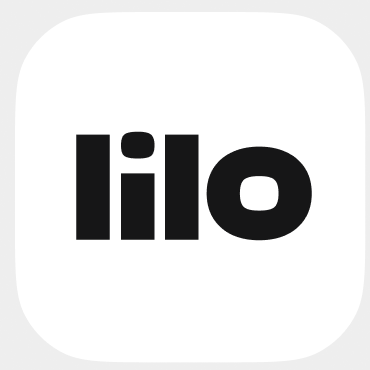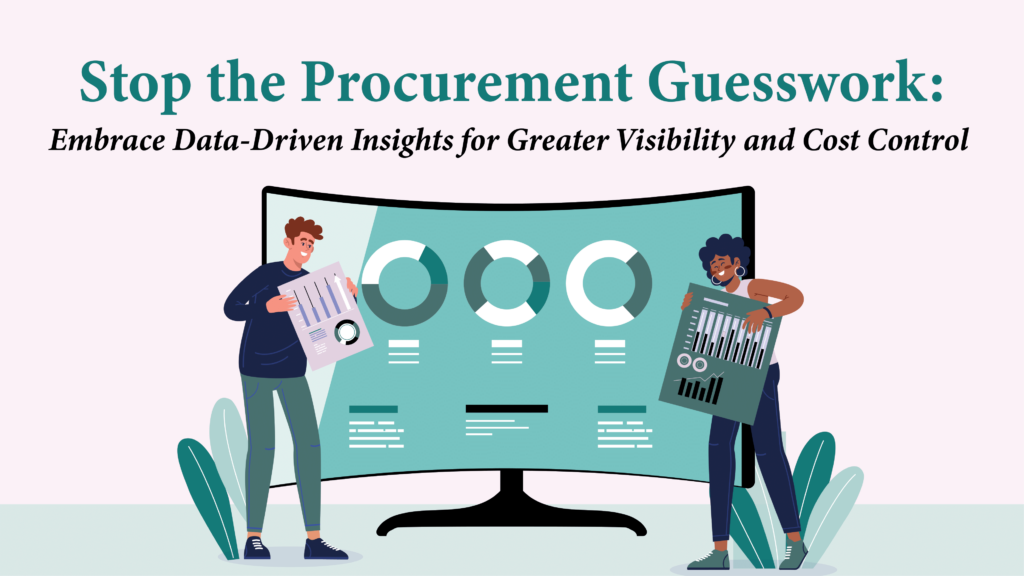Hotel procurement involves sourcing a variety of supplies necessary for operations, ranging from food & beverage to linens, cleaning supplies, and equipment. It accounts for a significant portion of a hotel’s outgoings.
Since many hotels operate with tight budgets, optimizing procurement can significantly improve their bottom line.
This is where data can be your trusted ally.
However, the days when hospitality procurement decisions were made solely based on intuition, supplier relationships, or anecdotal evidence are long gone.
Conventional reporting methods typically involve paper or email based purchase orders (POs), multiple invoices, countless phone calls, and negotiations.
These methods often fall short when you need actionable insights based on evidence that can help you save time, effort, and money.
So, how can you make data your friend in hotel procurement?
How can it drive cost savings, free up staff time, and provide visibility into hotel purchases from start to finish?
Here’s how:
Use Hotel Procurement Data for Accurate Demand Forecasting & Inventory Management
Do you want to minimize waste (such as maverick spending, product expiry, or theft) while avoiding shortages (stockouts)?
Data-driven demand forecasting can help ensure you have the right amount of hotel supplies at the right time.
For instance, Lilo deploys advanced analytics and AI (Artificial Intelligence) to analyze historical data on past consumption, invoices, guest occupancy, and seasonal trends.
This analysis provides hotels with a solid foundation for accurate (and automated) demand forecasting.
The good news is that such AI-driven forecasting models in hotel procurement software can also account for variables such as weather, local events, and prevailing economic conditions.
Yes, most hotels nearly always have vast amounts of procurement data. However, this data is not your ‘friend’ if you cannot identify recurring patterns and anomalies to anticipate future needs more accurately.
Predictive modeling and machine learning can help you forecast demand, anticipate price fluctuations, and make data-driven decisions that minimize costs while maximizing guest satisfaction.
Data Driven Hotel Supplier Evaluation
Hotels can leverage data by tracking key performance indicators (KPIs) related to hospitality procurement, such as delivery times, product quality, and order accuracy, to identify reliable suppliers.
Hotel GMs can analyze price trend data, discount offers, and hidden costs to evaluate suppliers based on cost-effectiveness.
This data-driven approach ensures you get the best value for your money without compromising on quality.
You can also assess a supplier’s reliability and mitigate risks associated with supplier defaults or disruptions.
With Lilo, hotel GMs and managers handling procurement have access to this data at the click of a button, all on a single dashboard.
This is one of the main advantages of cloud-based hotel procurement solutions, purpose-built to simplify everything from supplier selection to monitoring changing prices and tracking KPIs like delivery times that directly affect service quality.
Cost Control through Data-Driven Insights
Data can help hotel GMs control and reduce procurement costs when they deal with a dedicated hospitality supply company.
A thorough, ongoing spend analysis can help identify areas where expenditure has been wasteful.
Once you switch to an e-procurement solution like Lilo, it’s easy to categorize and analyze expenses to pinpoint opportunities for cost savings. Beyond purchasing hotel supplies wholesale, you can use procurement data for budgeting to set realistic financial goals. However, you must compare actual spend against budgeted amounts to ensure timely corrective actions.
Continuous Monitoring to Identify Areas for Improvement
Are you incurring higher costs even when purchasing housekeeping supplies in bulk because new hires use excessive amounts each month?
Data analysis can quickly identify such red flags in consumption patterns.
Does it not make a difference in the guest experience if you switched to a different brand of scents that costs your hotel less money? Can you switch a supplier for certain hotel amenities to improve the guest experience?
Data analysis can also reveal opportunities that help you save money or improve guest experience.
Hotels can implement a data-driven feedback loop to track important KPIs, identify deviations from procurement best practices, and promptly address any issues or opportunities that arise.


